ECG & heart monitors
An electrocardiogram (ECG) is a recording of the electrical activity of the heart and involves the placement of several wires (electrodes) on the surface of the skin with stickers. It is the main way that we diagnose heart rhythm problems. Due to the recording only being for a few seconds, an ECG can miss heart rhythm problems that happen intermittently.
Heart Monitors
There are different types of heart monitor that all serve to monitor the hearts electrical activity over a defined period of time. They are all in essence portable ECGs (ambulatory ECG monitors) which provide a continuous recording of the heart. They record the heart through electrodes which are attached to the body surface with stickers but unlike an ECG, they have less wires in order to make them more practical to carry around. Heart monitors can usually remain on for 24 hours up to 2 weeks. Most heart monitors record continuously, but some only record when the person wearing it triggers a recording by pushing a button on the device. Heart monitors are referred to by different names such as Holter, R test, Zio patch and Cardiomemo are the most commonly used monitors. These monitors can be useful where symptoms are relatively frequent such that the person is likely to experience symptoms whilst wearing the monitor which can then be determined if a heart rhythm problem is related to those symptoms. They may not be suitable for symptoms that are unpredictable and occur less frequently.
If you think you need a heart monitor and would like Dr Li to review and advise you on the results, please contact the team to book in.

